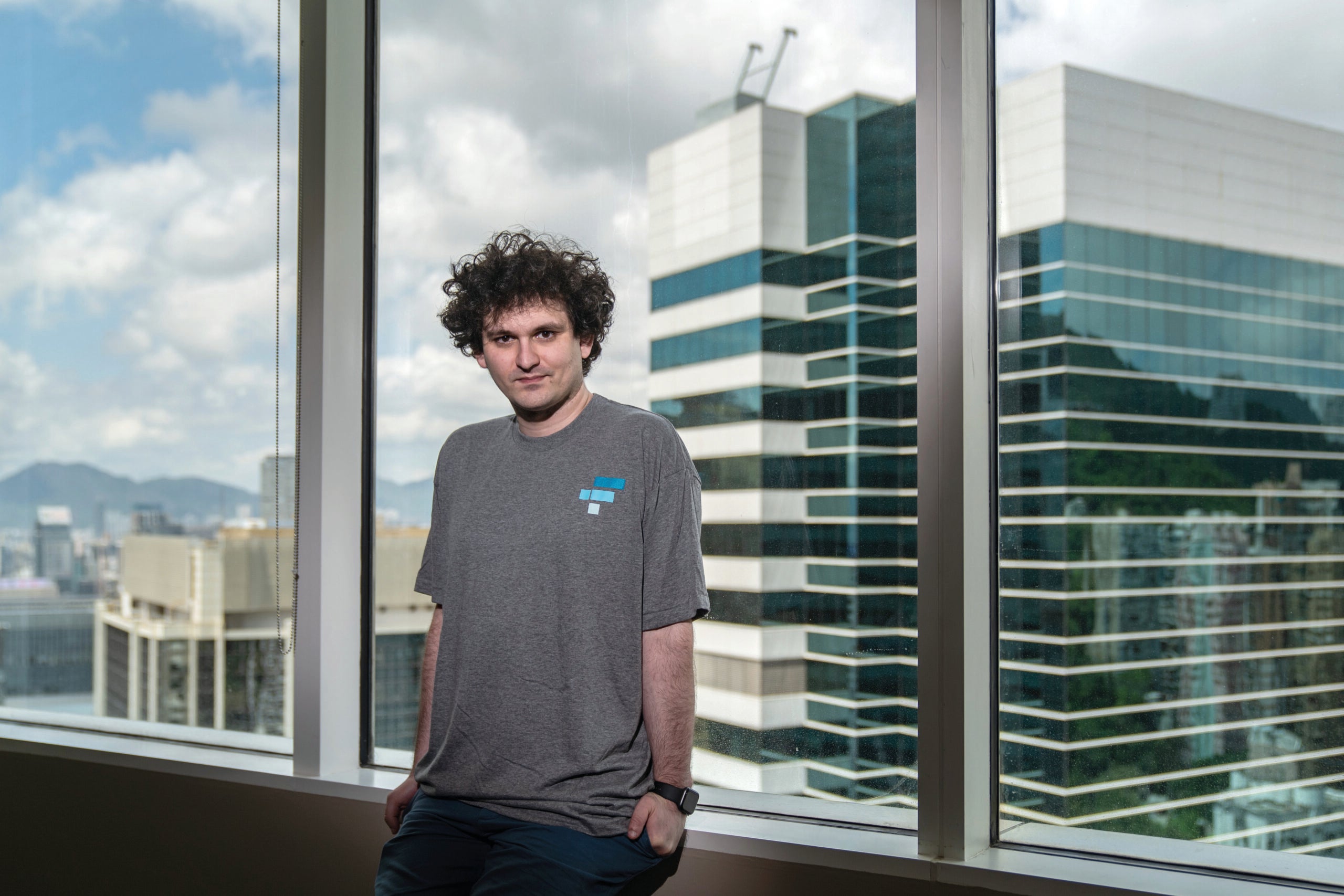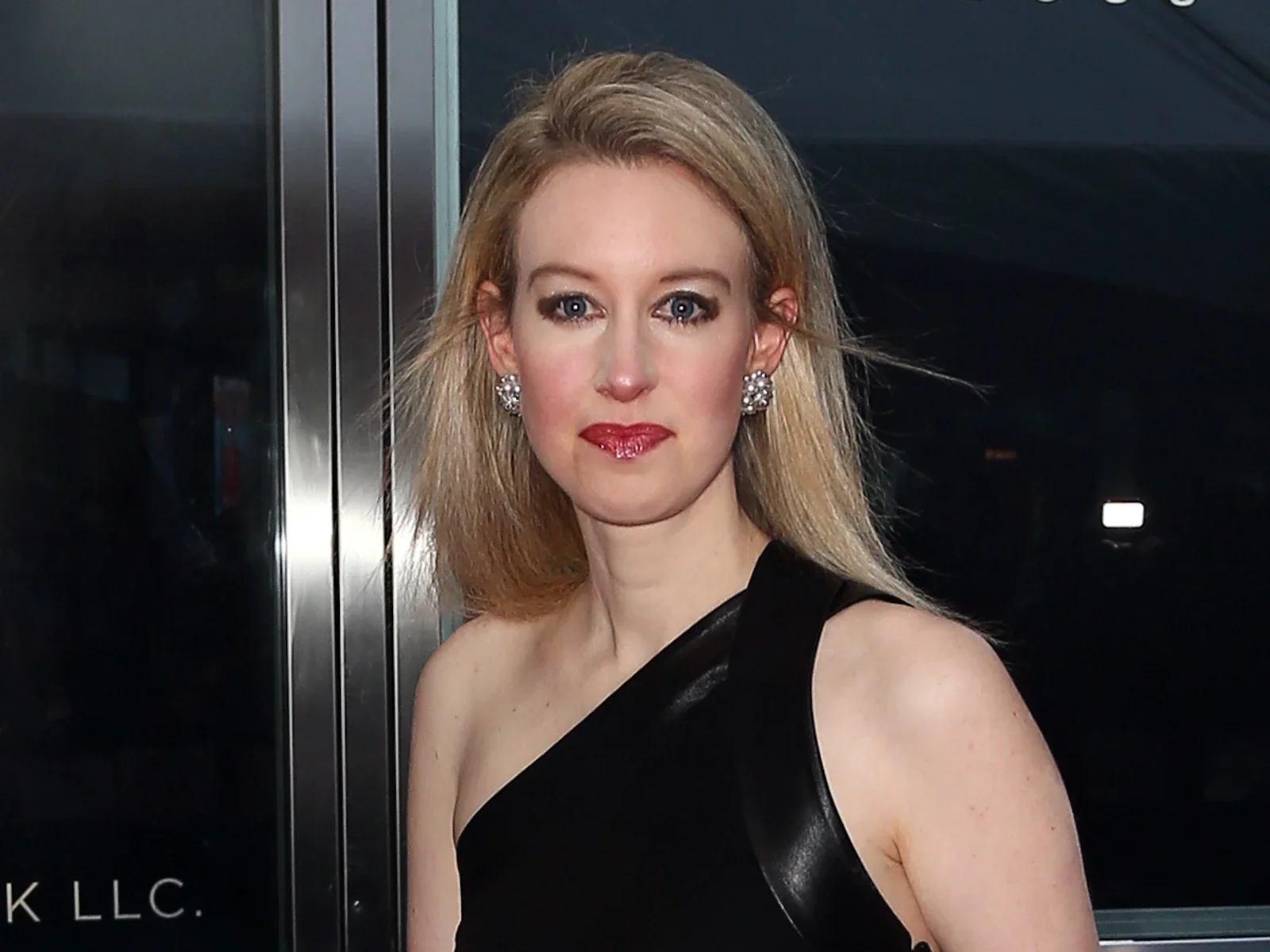
Avoid FOMO, embrace FUD and prioritise research – following the demise of a series of high value start ups, wealth expert Annamaria Koerling shares her investment advice
For investors, 2022 was tough. It ended up being a year in which we all marched to a drumbeat of increasingly gloomy statistics releases. Safe havens were few and far between. Geopolitical tensions and the fastest pace of policy tightening for a generation catapulted us into a global bear market. Global insolvencies also started to rise, with many countries seeing double-digit increases as companies struggled to cope with the higher energy costs, wage pressures and interest rate rises.
The silver lining of a bear market is that it often prompts investors to re-evaluate the risks in their portfolios. However, it was not until the spectacular failure of cryptocurrency exchange FTX that the wake-up call spilled over into the private equity and hedge fund investment communities, shaking the confidence of the new generation of investors in financial markets, as Ken Griffin, chief of Citadel, put it in a Bloomberg interview.
>Whisky pros reveal how to avoid investment scams
>Wealth managers’ top stock pics for 2023
Many hope the collapse of FTX will sound the death knell of the ‘fake it ’til you make it’ culture which had become pervasive among tech start-ups, but this is nothing new.
A long history of white-collar fraud
White-collar fraud pre-dates Charles Ponzi’s scheming in the 1920s, and in just the past four decades we have seen numerous examples, including Wirecard, Wells Fargo, Volkswagen, Enron, Madoff and Theranos, whose founder Elizabeth Holmes was sentenced to 11 years in prison last November.
The Covid years of 2020 and 2021 saw an increase in the number and quantum of frauds across the globe with the massive theft of Covid-relief funds.
Human ingenuity in inventing fraudulent schemes routinely exceeds our ability to detect it. Time and expensive investigations into corporate collapses generally conclude that combinations of dishonesty, greed, poor culture on the part of the companies and the fear of missing out, and too much trust on the part of investors all played their part.

Once you strip away the financial and crypto jargon in the assessment of the FTX collapse, it looks like it boils down to one thing: there was no one or nothing to keep FTX founder Sam Bankman-Fried in check; he mixed up customers’ money with his own and then lost it.
With Theranos the technology did not work, and Holmes lied about it. In both cases many investors placed too much trust in the founders and were persuaded, or at the very least reassured, by their high-profile supporters and connections.
‘SBF’, as Bankman-Fried is known, was revered as a wunderkind and shared a stage with Bill Clinton and Tony Blair (not to mention Gisele Bündchen) and earned the trust of a million customers.

Holmes persuaded Tim Draper (one of Silicon Valley’s best-known venture capitalists) and business magnates Carlos Slim and Rupert Murdoch to invest substantial sums.
Why didn’t they (or their advisers) carry out more checks? Why didn’t anyone ask why there wasn’t a single scientist on the board of Theranos or why FTX didn’t have a proper board of directors or an accounting or risk department? Where were the FTX whistleblowers?
How investors can protect their capital
There are ways to protect yourself. The main one is by ensuring that when you allocate your capital it is on the basis of research into fundamentals. Delve deeply beyond the hype, and never allow personal networks or news media to influence your decisions.
As Marcelo Claure, CEO of Softbank at the time of the FTX collapse, tweeted: ‘I have been reflecting personally on the whole FTX fiasco and it taught me one more time that we should NEVER invest because of FOMO, and we should always 100 per cent understand what we are investing in. I totally failed here on both.’
I have been reflecting personally on the whole FTX fiasco and it taught me one more time that we should NEVER invest because of FOMO and we should always 100% understand what we are investing in. I totally failed here on both.
— Marcelo Claure (@marceloclaure) November 12, 2022
As former Bank of England governor Mark Carney said in 2020: ‘If someone explains something to you in finance… and it doesn’t make sense, ask the person to repeat the rationale, and if that response still doesn’t make sense you should run.’
Investors are often best served by combining probing research with a healthy dose of scepticism about the information and data they are provided with. This is sometimes referred to as ‘FUD’ – fear, uncertainty and doubt. I would add that in addition to FUD, homing in on leadership, culture and governance is also important.
Investment advice: Questions to ask
To this end, I would suggest drawing up a checklist of questions and sticking to it. Mine includes questions like:
- Does the composition of the board make sense?
- Are the constitution of the company and the governance sound?
- Are the backgrounds of the board members and advisers aligned with the underlying business of the company?
- Is there independent data to validate any claims being made and are they objectively believable?
- Are the countries of incorporation and operation in well-regulated jurisdictions?
- How does information flow in the company, and are investors given appropriate access to data, people and premises?
If the answer to any of the questions is not satisfactory, it’s best to throw in the towel and move on. After all, to quote a saying I learned from my Dutch grandfather, a fish always rots from the head.
Annamaria Koerling is managing partner of Delfin Private Office
More from Spear’s
Why this could be the year to invest in contemporary art
Where to find London’s best luxury vegan menus
The Peninsula London: Hyde Park Corner’s beautiful and ultra-luxe new residences






